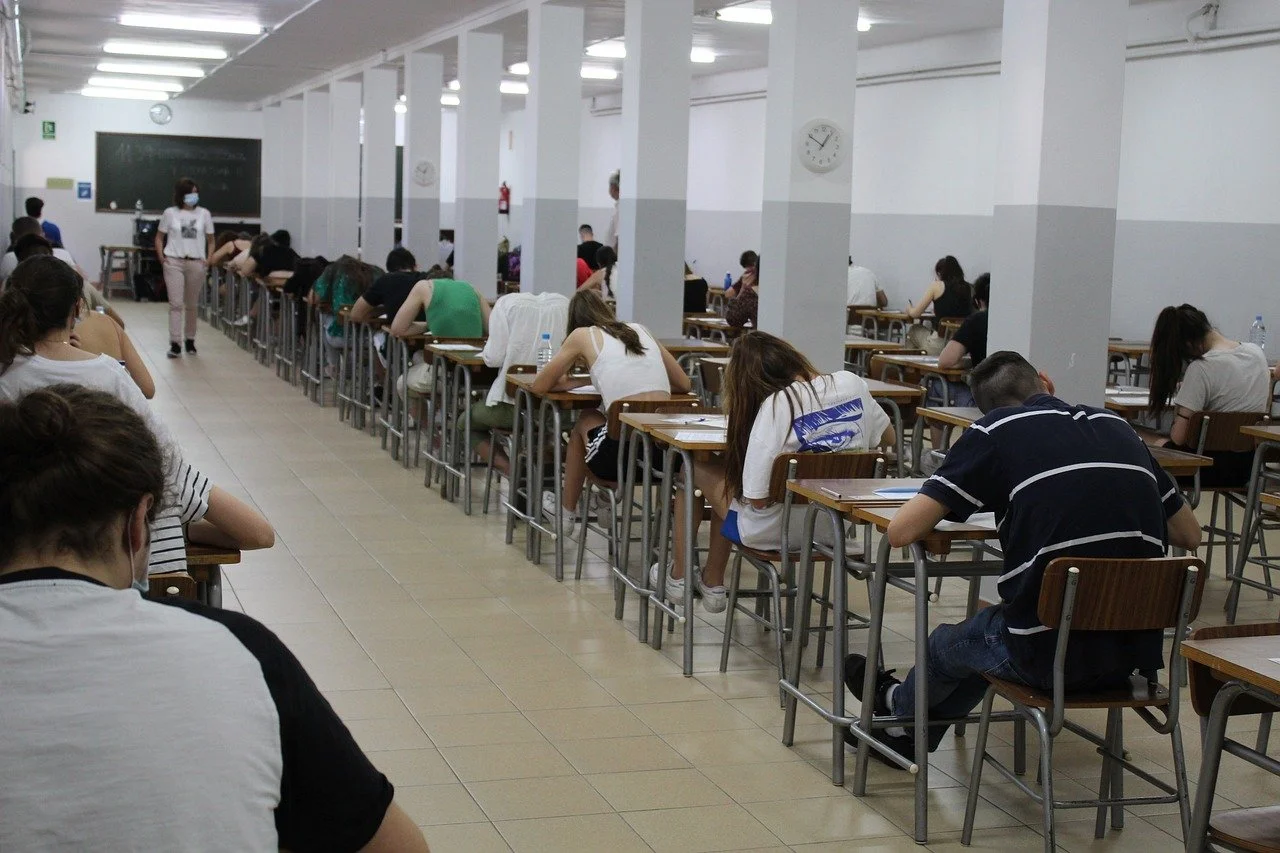The research study I’m reviewing today tackles the issue of effectiveness vs. efficiency. In this series of studies, participants either received retrieval practice that was experimenter-controlled or the way that they wanted, which was typically to drop questions. Which one is better?
All in Learning Scientists Posts
Notetaking Formats
One of the most common metaphors to describe what the first few years of medical school is like is that it is like drinking water from a fire hose. There is an overwhelming amount of information that students need to learn, and need to learn fast. One of the areas that I help medical students with is in improving their notetaking to help them manage the “fire hose” of information.
Spaced Practice and Working Memory
Even among the top effective, evidence-based study strategies that we write about, spaced practice is one of the best. Spaced practice is all about when you engage in practice. It is better to spread practice out over time, rather than massing (cramming). This is true whether you are reviewing …
The Potential Harm of Learning Styles
We have discussed the learning styles myth in different blog posts and you can find all of our posts in this topic here. Briefly, the idea of learning styles is that if you assess the learning styles in students and then match instruction accordingly…
Interleaving Improves Learning for All Learners
Interleaving is the idea that, while learning, we will learn more if we jumble up our review of similar materials, rather than reviewing one concept at a time in a blocked format. One thing that we’ve heard from educators is that they worry interleaving can be too challenging for students and that students need some blocking first.
When Restudying Trumps Retrieval
No strategy works all the time. Not even retrieval practice. Today I want to share a new Open Access article (so you can go read it for yourself if you’d like!) that *spoiler alert! found a situation in which restudying was actually better for retention than retrieval.






